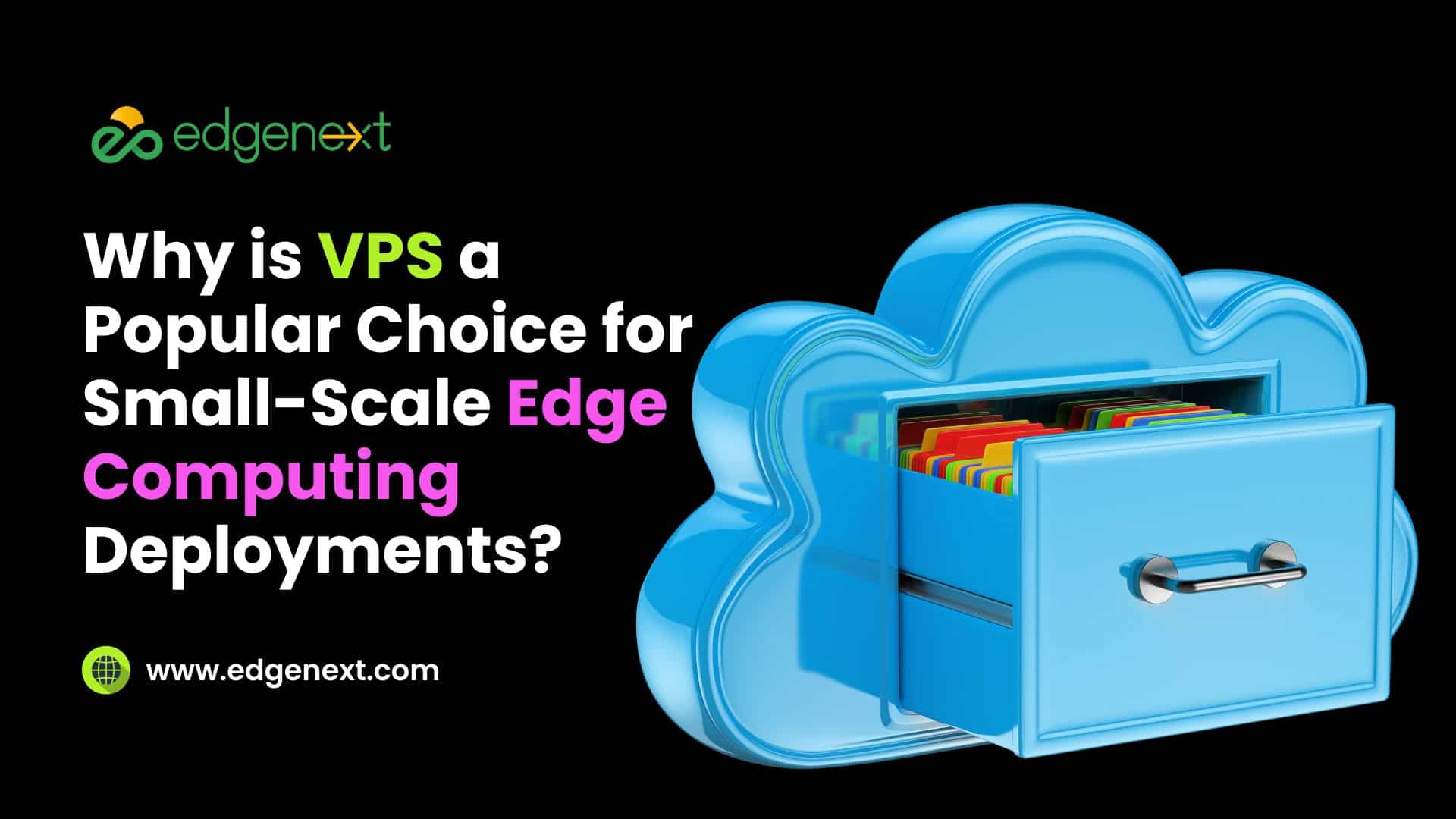
A Virtual Private Server (VPS) is a virtualized server that offers dedicated resources like CPU, RAM, and storage within a shared hosting environment. It acts like a dedicated server in many ways but is hosted on a physical server shared with other VPS instances. This setup provides users with the benefits of dedicated server performance and control while being more cost-effective than an actual dedicated server. VPS is particularly appealing for small-scale edge computing deployments due to its balance of affordability and functionality.
VPS environments are isolated from each other, meaning that each VPS operates independently with its operating system and resources. This independence allows users to customize their server environment, install software, and manage security settings without interference from other users. This level of control is crucial for businesses that require specific configurations or need to ensure that their edge computing deployments are optimized for performance and security.
VPS is a cost-effective solution for edge computing because it allows businesses to access dedicated server-like resources without the high costs associated with physical hardware. This affordability makes VPS an attractive option for small and medium-sized enterprises (SMBs) that must deploy edge computing solutions across multiple locations but are working with limited budgets. By leveraging VPS, businesses can reduce their capital expenditure on IT infrastructure while benefitting from a robust and reliable computing environment.
In addition to lower upfront costs, VPS often comes with flexible pricing models, such as pay-as-you-go, which further enhances its cost-effectiveness. These pricing models allow businesses to scale resources up or down based on demand, ensuring they only pay for their use. This flexibility is precious in edge computing, where workloads can vary significantly depending on user activity, location, and other factors. By optimizing resource usage, businesses can keep operational costs low while maintaining high performance at the edge.
VPS enhances performance in edge computing by providing dedicated resources closer to the end users, which reduces latency and improves the responsiveness of applications. In edge computing, processing data close to its source is critical for minimizing delays and ensuring real-time data processing. By deploying VPS instances at the edge, businesses can ensure that their applications and services are running near users, leading to faster response times and a better overall user experience.
The isolated nature of VPS environments also plays a role in enhancing performance. Since each VPS operates independently, other users on the same physical server do not impact the performance of your VPS. This isolation ensures that the resources allocated to your edge computing deployment are always available, providing consistent and reliable performance even during peak usage times. VPS at the edge offers a powerful and efficient solution for applications requiring high availability and low latency, such as real-time data analytics or interactive gaming.
VPS provides significant security benefits for edge computing by offering better isolation and control than shared hosting environments. Each VPS instance operates in its isolated environment, with its operating system, applications, and security settings. This separation reduces the risk of security breaches, as vulnerabilities in one VPS do not affect others on the same physical server. This isolation is essential for edge computing deployments that handle sensitive data or require compliance with strict security regulations.
Moreover, VPS users have complete control over their security configurations, allowing them to implement custom firewalls, encryption, and other security measures tailored to their needs. This level of control is essential for protecting data and ensuring that edge computing deployments meet industry standards for security and compliance. Whether handling financial transactions, processing personal data, or supporting critical infrastructure, the security advantages of VPS make it a preferred choice for many edge computing scenarios.
One of the key advantages of using VPS for edge computing is its scalability. VPS can be easily scaled up or down depending on the application’s or service’s demands. This scalability is particularly beneficial for edge computing, where the workload may vary significantly based on user activity, location, and other factors. By scaling resources as needed, businesses can ensure that their edge computing deployments remain efficient and cost-effective.
The ability to quickly deploy VPS instances in different geographic locations also allows for the rapid expansion of edge computing networks. This geographic flexibility enables businesses to bring their services closer to users, enhancing performance and user experience. As the demands on edge computing continue to grow, the scalability offered by VPS provides a reliable solution for maintaining optimal performance while managing costs.
VPS is popular for small-scale edge computing deployments due to its cost-effectiveness, performance benefits, and scalability. By offering dedicated resources in a virtualized environment, VPS allows businesses to deploy edge computing solutions closer to their users, enhancing performance and reducing latency. The flexibility and control provided by VPS make it an attractive option for businesses looking to leverage edge computing without the high costs associated with dedicated servers. As edge computing continues to evolve, the role of VPS in supporting these deployments is likely to grow, providing businesses with the tools they need to succeed in a competitive landscape.
Optimize your edge computing strategy with EdgeNext’s robust VPS solutions! Experience VPS’s perfect balance of performance, security, and scalability, tailored for your small-scale edge deployments. Contact us today for a free consultation and discover how our VPS services can elevate your edge computing projects. Power your success at the edge with EdgeNext!
References:

© 2025 EdgeNext Copyright All Right Reserved